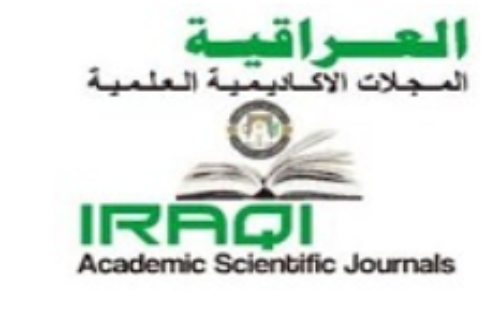Molecular and Serological Detection of Hepatitis B Virus (HBV) and its Relation to ABO Blood Gropus in Thi-Qar Province/South Iraq
DOI:
https://doi.org/10.32792/utq/utjsci.v8i2.804Keywords:
HBV, ELISA, real-time PCR, ABO, transfusion transmitted infectionAbstract
Hepatitis B Virus (HBV) infections are a significant public health problem all over the world. Among infectious disease, Hepatitis B virus is of great concern because of their prolonged viraemia and carrier or latent state. The present study aimed to determine the frequency of HBV among blood donors of Thi-Qar province and to evaluate the association of ABO blood type to HBV infections. The anti-HBc and HBs Ag technique was implemented to detect the presence of HBV, and the real-time PCR used to determinant HPV DNA in blood samples. The tube method used to detect blood group. This study was conducted on 200 serum samples from different age groups. The results showed that 3.5% of positive anti-HBc individuals, gave positive results for HBsAg by ELISA III technique and 5.5% of cases gave positive results for HBV DNA by real-time PCR. The ABO finding showed that the highest percentage of HBV infections were among patients of blood 97 (48.5%), followed by blood group B 68(34%) and blood group A 42(21%), while the lowest percentage was among patients of blood group AB 3(1.5%). The most important points concluded from the current study, that is the low infection percentage of HBV in Thi-Qar province (5.5%). And the ABO blood type may have an important role in HBV infection.
Downloads
Published
Issue
Section
License
Copyright (c) 2021 University of Thi-Qar Journal of Science

This work is licensed under a Creative Commons Attribution 4.0 International License.












